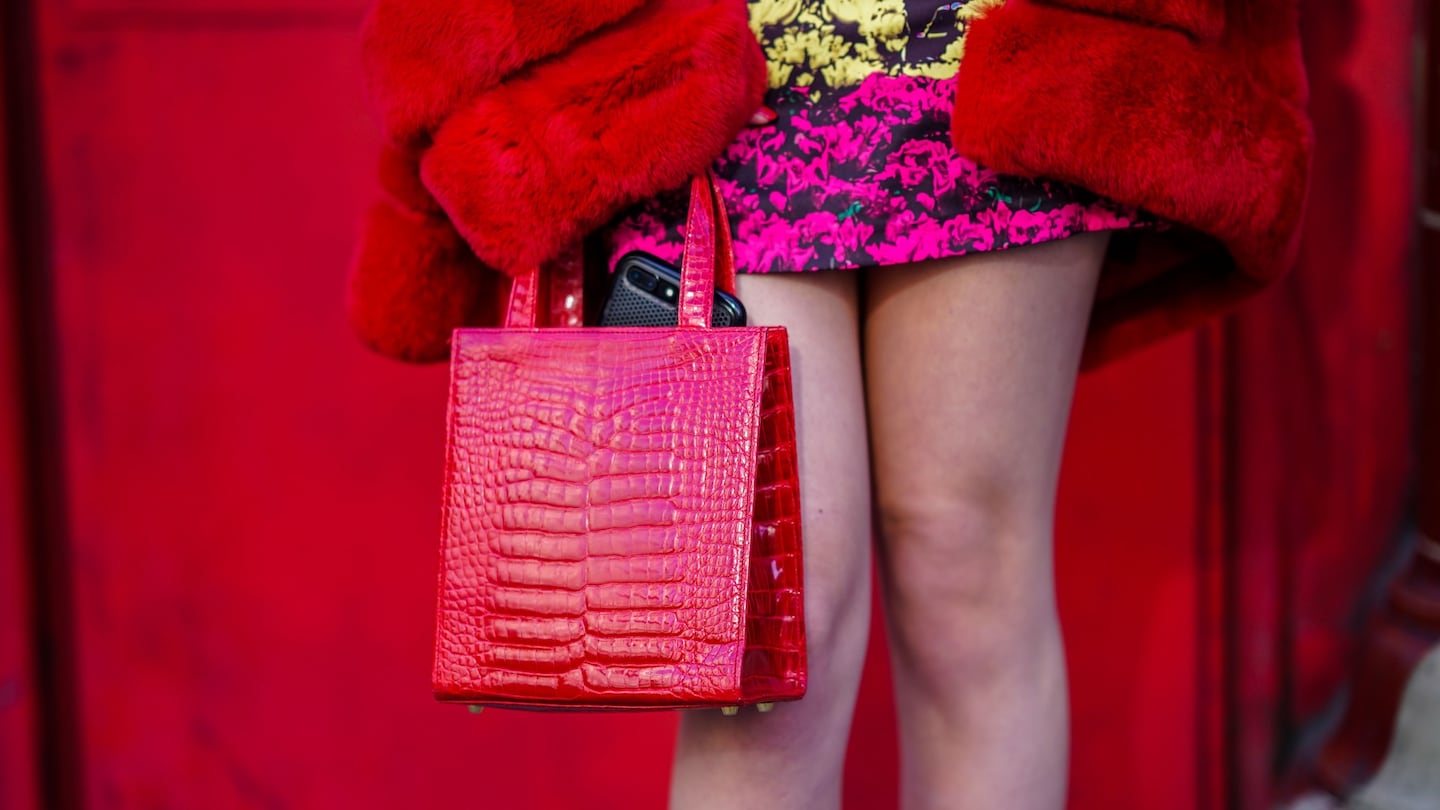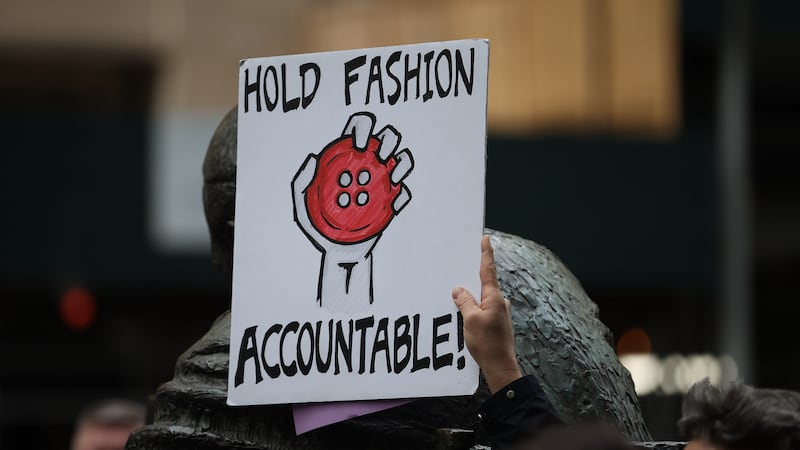Agenda-setting intelligence, analysis and advice for the global fashion community.
London Fashion Week is set to ban wild animal skins from the runway, extending a formal restriction against fur introduced last year.
Brands that want to appear on its official schedule will need to commit to not use either material in the collections they show at the event, the British Fashion Council’s deputy director for policy and engagement David Leigh-Pemberton announced in a speech to parliament this week.
The move comes amid growing pressure from animal rights campaigners, who are angling to make crocodile and snakeskin handbags and high heels as taboo as fur coats in many of fashion’s biggest markets, and as London’s fashion week fights for relevance as the industry’s centre of gravity shifts unmistakably to the runways of Paris and Milan.
A large number of the industry’s biggest brands have ditched fur over the last decade, calculating there was more to be gained from positioning themselves as part of a growing cultural conversation around ethical consumption than from sales of animal pelt products. However, for many large luxury labels the conversation around exotic skins is more complicated. Crocodile, snake and lizard leathers are used to make some of the world’s most costly and coveted luxury goods. They have a larger market footprint than fur ever did, higher profit margins than more common leather goods and are seen by many labels as an important tool for elevating brand perception.
ADVERTISEMENT
That said, London Fashion Week has a heavy skew towards young and emerging designers and not the leather goods powerhouses that more often use exotics in their collections. Burberry, the biggest brand on the schedule, said it would stop using exotic leathers in 2022.
The ban is part of a wider package of standards introduced by the BFC’s Institute of Positive Fashion, Leigh-Pemberton said. The organisation is currently consulting with the industry on its approach to feathers on the catwalk, he added.
Animal welfare campaigners are pushing for a “totally wildlife-free policy,” said Emma Hakansson, founder of Collective Fashion Justice. Smaller fashion weeks, including Copenhagen, Berlin and Melbourne have already moved in this direction.
Learn more:
Why Luxury Brands Can’t Shake the Controversy Around Exotic Skins
Companies like Hermès, Kering and LVMH say they have spent millions to ensure they are sourcing crocodile and snakeskin leathers responsibly. But critics say incidents like the recent smuggling conviction of designer Nancy Gonzalez show loopholes persist despite tightening controls.





